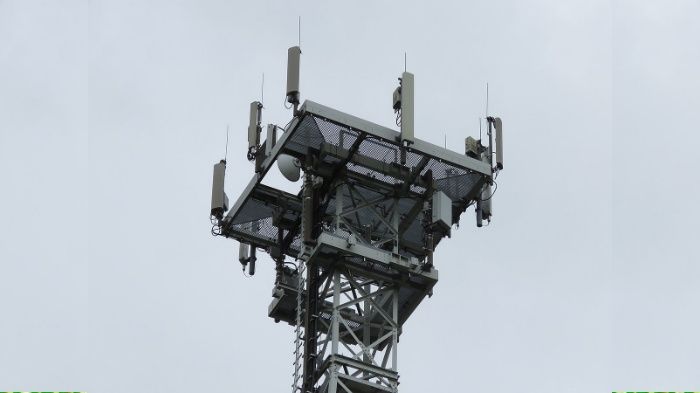URGENT UPDATE: The European Commission has just announced a significant move to enhance cybersecurity by proposing a ban on Huawei and ZTE telecommunications networks across EU member states. This bold step aims to solidify the security of Europe’s digital infrastructure amid growing geopolitical tensions and concerns over espionage.
In a proposal put forth by Vice President Henna Virkkunen, the Commission is looking to make the 2020 5G Cybersecurity Toolbox recommendations legally binding. This initiative could extend beyond mobile networks to include fixed-line broadband and fiber networks, marking a pivotal shift in Europe’s digital landscape.
The urgency of this proposal comes in the wake of previous bans already enacted by several countries. For instance, Sweden has prohibited Huawei and ZTE from its 5G networks, while the UK has enforced a similar ban, alongside plans for Germany to remove Huawei from its core networks by 2026. Despite these actions, some EU nations like Italy and Spain still permit Huawei’s operations, reflecting a divided approach across the continent.
The implications of this move are profound. As digital networks are vital to the economy and everyday life, ensuring their security is paramount. The former Digital Secretary of the UK, Michelle Donelan, highlighted this necessity, stating, “We must have confidence in the security of our phone and internet networks.”
The backdrop of this initiative is marked by ongoing concerns about China’s role in global technology. Traditional Western rivals, such as Nokia and Ericsson, face challenges competing against Chinese firms due to state-backed pricing. This has raised alarms over the potential risks posed by continued reliance on Huawei and ZTE, especially as the geopolitical landscape shifts.
The EU’s 5G Cybersecurity Toolbox, established as a framework to bolster network security, initially included recommendations for restrictions and supplier diversification. However, the reopening of discussions on this topic underscores the challenges of achieving unified European collaboration amid varying national policies.
Looking ahead, stakeholders across Europe will be watching closely as the proposal develops. The Commission’s decision could reshape not only the telecommunications landscape but also set a precedent for future cybersecurity measures across the region.
As this story unfolds, the focus remains on how individual countries will respond to the proposed regulations and whether a cohesive strategy can emerge from the current divide. The urgency of securing Europe’s digital future has never been more critical, and developments are expected in the coming weeks.
Stay tuned for more updates on this developing story.







